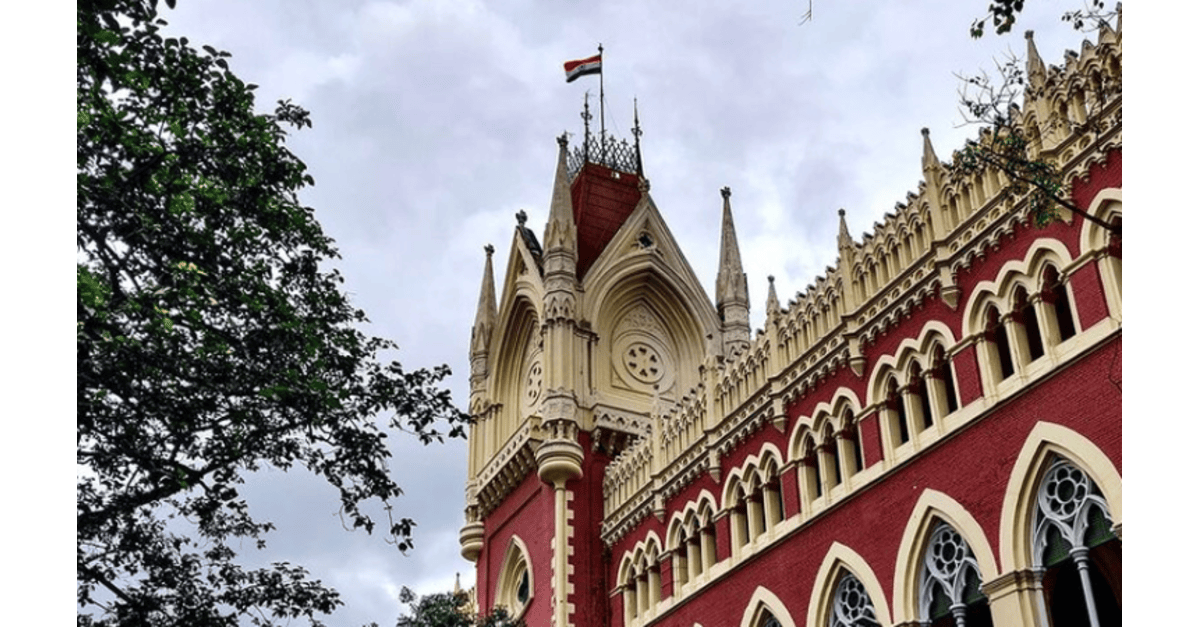Introduction
Earlier this week, the High Court of Calcutta has made a notable observation that upon prima facie examination, it appears that the state is trying to reintroduce the same OBC classes and percentage of reservations, which had been struck down by a division bench of the court and subsequently upheld by the Supreme Court. In consequence, the court put an interim stay on the notifications issued by the West Bengal Government with regards to the reservations to 140 subsections under OBC-A and OBC-B categories made by it.
Background
The said observations have been made by the High Court in the context of its judgment in Amal Chandra Das v State of West Bengal and Ors., (2024). In this case, the Court considered a set of Public Interest Litigations (PILs) challenging the identification and classification of 77 classes as OBCs in the State of West Bengal. The said 77 classes were declared as OBC by seven executive orders issued between 5th March 2010 and 11th May 2012 by the State. In addition to this contention, the petitioners also challenged the constitutional vires of some provisions of the West Bengal backward classes (other than SC and ST) (reservation in posts) Act of 2012. The petitioners argues that the classification of 42 classes of people which includes 31 Muslim communities, was unconstitutional, as under Article 16(2)(4) of the constitution, a classification which is solely based on religion is barred. Additionally, it was argued that section 2(h) of the 2012 Act which gave the state executive and legislature the power to identity OBCs must be struck down since it violated the position of law laid down in para 847 of the Indra Sawhney case.
The counsel for the state argued that the PILs are not maintainable as they do not meet the criteria under the definition in terms of rule 56. The petitioners failed to specify which classes should be included which was allowed under section 9(1) of the 1993 act hence their grievance should not be entertained. The consultation of the commission is merely a procedural step not a mandatory one, this is supported by section 9(2) of the 1993 act. For backing the classification, the state relied on the Sachar committee report, which presents a comprehensive insight into the backwardness of the Muslim community within the society.
After considering the submissions made by both the parties, the court directed the state to distance itself from the commission and allow it to act independently. The right to reservation is not a fundamental right and the court cannot issue a mandamus directing the state to consider the request of a class for reservation. The court also struck down the 2nd part of section 2(h) and section 5(A) of the 2012 Act. The court reaffirmed that without approval of such sub-categorization and re-introduction of percentage of reservation through the competent State legislature, the State executive could not have issued the said notifications towards sub-categorization and reservation percentage. Accordingly, the court pointed it out as an apparent attempt to proceed in “hot haste” and include reservations which were struck down earlier, without legislative approval. Subsequently, this ruling has been challenged before the Supreme Court, and stands pending at the moment
Key Points
- Reaffirming the judicial stance on reservation policies: The stay imposed by the court on the concerned reservation, and the prima facie observations made by the court, reaffirm the fact that executive overreach without the authorization and compliance with the legislature and legal principles respectively, will be restrained. It has been mandated that any future attempts by states to modify the reservation list or percentage, must be made in strict compliance to constitutional and statutory procedures.
- Mandatory approval for sub-categorization and expansion: The court also lays down that any sub-categorisation within OBC (like OBC-A and OBC-B) or increase in the percentage of reservation, requires legislative approval, and not mere executive notification.
- Future surveys and similar classifications by commissions appointed to oversee backward communities, must be transparent, inclusive and regularly monitored by the judiciary. The court also directed the concerned bodies to publish such surveys from the villages itself; this reflects the intention of the court to prevent opaque or hurried data collection.
- In essence, the via this judgment, the court highlighted the pivotal role of civil lawyers in advocating for justice, safeguarding rights, and holding governmental entities accountable.
Recent Developments
This position of the court is undoubtedly set to become the benchmark for future legal adjudications wherein State machineries attempt to reintroduce previously quashed categories or benefits without curing constitutional defects.
The case (Amal Chandra Das v The State of West Bengal) has been listed to be considered by the Supreme Court, for further hearing on 24th of July, in order to see whether the State’s actions comply with the laws applicable and the earlier High Court directions on the matter. The outcome will become imperative for future interpretations of the State’s authority in reservation policies.
Conclusion
To conclude, The Calcutta High Court’s interim stay reflects serious judicial concern over the West Bengal government’s attempt to reintroduce previously invalidated OBC classifications and reservation percentages without legislative backing. With the matter now deferred for further hearing and a potential Supreme Court challenge underway, the case underscores the critical importance of adhering to constitutional procedures in reservation policy. The final outcome will have significant implications for state authority, backward class identification, and the balance of power between the judiciary and executive.
“PRIME LEGAL is a full-service law firm that has won a National Award and has more than 20 years of experience in an array of sectors and practice areas. Prime legal falls into the category of best law firm, best lawyer, best family lawyer, best divorce lawyer, best divorce law firm, best criminal lawyer, best criminal law firm, best consumer lawyer, best civil lawyer.”
WRITTEN BY AYANA THERESA XAVIER


